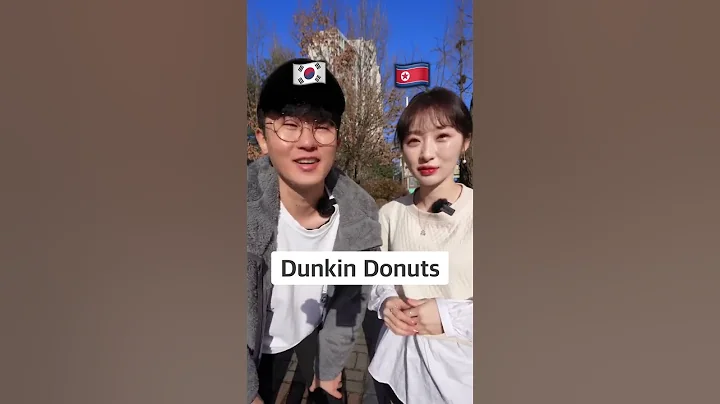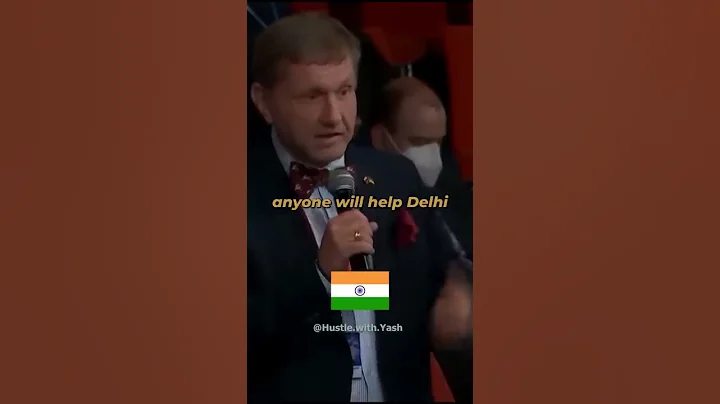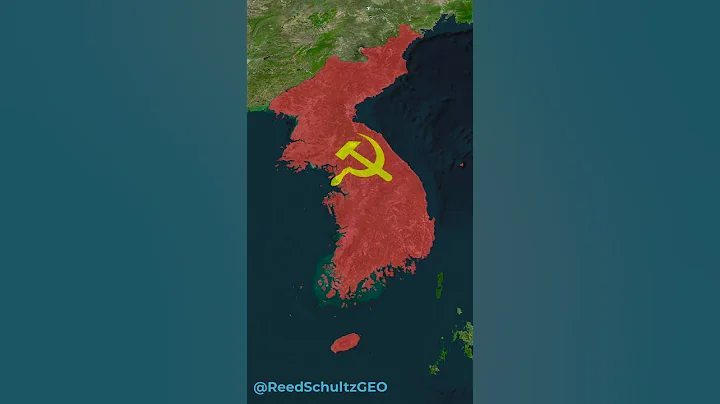
1,
Hallyu has swept the world
"There are talents from generation to generation, and each one leads the way for two or three years."
After Japanese pop culture swept the world, South Korea, as another rising star in Asia, has risen rapidly in recent years, exporting songs, movies, and dances to the world.
From the 2013 divine comedy "Gangnam Style" to the 2019 Oscar-winning film " Parasite " to the 2021 global hit Korean drama " Squid Game ", South Korea's cultural exports have come one after another. Its influence is comparable to Samsung mobile phone .

Maybe many of us will be unconvinced, South Korea? A small place, a vassal state called "Goryeo" in history, and a student who has followed the Chinese civilization for thousands of years, what kind of culture can there be?
But sometimes it is useless to be unconvinced. We only look at one thing, and that is the most popular variety shows in China. If you check carefully, you will find that they all bought the copyright of Korean variety shows, and some even directly invited Korean production teams to work on them.

South Korea is indeed incomparable with China in terms of traditional culture, but in the field of popular culture that is easier to spread, we have to admit that South Korea does better than us.
The rise of Korean pop culture is just a matter of the past ten or twenty years. Prior to this, the place with the strongest cultural output in Asia, apart from Japan, was Hong Kong, China.
In the 1980s and 1990s, when Hong Kong’s cultural output was at its strongest, industry insiders on the mainland called Hong Kong a “cultural desert.”
For this reason, many media have reported on it, explaining or refuting the term "cultural desert".
For example, Hong Kong's " Wen Wei Po " reported in 2014 with the title "Is Hong Kong really a cultural desert?"

In 2015, ifeng.com reported on the topic with the title "Hong Kong cannot be said to be a cultural desert".

Until 2022, there are still well-known media reporting on Hong Kong as a "cultural desert".

Although in the media everyone is "crying out" for Hong Kong being called a "cultural desert", the premise is that many people have had this view for many years.
So, why is Hong Kong called a "cultural desert"? Is this name unfair?
2,
We have "wrongly blamed" Hong Kong
Let me start with my conclusion, that is, we have "wrongly blamed" Hong Kong. Not only is Hong Kong not a "cultural desert", on the contrary, as I mentioned before, in the 1980s and 1990s, Hong Kong was Asia, apart from Japan, is the region with the strongest cultural output.
Korean movies are now "popular", but in the 1980s and 1990s, in order to resist the strong impact of Hong Kong movies on the domestic market, the Korean government had to issue laws to restrict the introduction of Hong Kong movies.
I think everyone should be deeply impressed by how strong Hong Kong movies were back then. In addition, there is Hong Kong's pop music, which can be said to be sweeping across the entire Southeast Asia region.

In addition, there are also "four great talents" in Hong Kong.
Ni Kuang passed away a few days ago, leaving only Cai Lam among the "Four Great Talents" in Hong Kong. In the heyday of this group of people, Hong Kong was really full of talents. It can be said that these four people,
, have achieved top status in their respective fields.
The first is Jin Yong . The achievements achieved in the field of martial arts novels can be said to be unprecedented, and it is difficult for others to come after.Jin Yong's martial arts novels are still being remade in various ways to this day. In addition to lamenting that there is no successor in this field, one has to admire Jin Yong's unparalleled talent.
Followed by Huang Zhan, in the field of lyrics, I am afraid it is also the top achievement in the Chinese world. The lyrics of "A Laugh in the Sea", "Under the Lion Rock" and "Shanghai Beach" written by him are easy to understand, have lofty artistic conception, and contain the profound essence of Chinese culture. To this day, I can't find anyone who can surpass them in this aspect. His people.
Then there is Ni Kuang. Ni Kuang’s main achievement is science fiction. The "Wesley" series he wrote has become popular in the Chinese world. In his heyday, Ni Kuang wrote several columns a day, and more than a dozen newspapers published his articles, making him rich with just one pen. It can be said that those who write better than him cannot write as fast as he does, and those who write faster than him cannot write as well as he does.
Finally, there is Cai Lam. Cai Lam should be the last among the "Four Talents". But this is only compared to the other three. If taken alone, he is also talented. More importantly, Cai Lam himself is very much in line with the temperament of a "talented scholar". He is the most able and free-spirited person among the four to enjoy life.
With these "Four Great Talents" in charge, and more Hong Kong talents behind them, they have produced numerous excellent cultural works for us, many of which are still classics in the Chinese world.
How can Hong Kong be considered a "cultural desert"? It’s such an injustice!
If Hong Kong can be regarded as a "cultural desert", then the Chinese world at the same time may be a "cultural dead sea".

3,
Pride and Prejudice
Hong Kong is called a "cultural desert", which is actually a kind of "pride and prejudice" of some people at the same time.
For example, the famous mainland writer Wang Shuo once commented on Jin Yong's novels in the article "I Read Jin Yong": "This guy's writing is too stupid. A person of such an old age has spent his whole life without eating. I've seen pork and pigs running before, so maybe I can do whatever I want when I write about martial arts."
Wang Shuo has always been known for his "sharp" writing style and person. He laughs and curses, and can't stand many people and things. He is the most typical person who has "pride and prejudice" towards some popular culture.
In addition to Jin Yong's novels, he also disliked many things that were popular at the time, such as Qiong Yao novels, Jackie Chan movies, and the songs of the "Four Heavenly Kings" - "Four Heavenly Kings, Jackie Chan movies, Qiong Yao TV dramas and Jin Yong’s novels can be said to be the four major vulgarities.”
Wang Shuo himself has written many excellent works, and has also participated in the screenwriting of many film and television works, such as "Beijingers in New York", "The Story of the Editorial Office", "Desire", "I Love My Family" and so on. In fact, these works also belong to popular literature in the final analysis, and are not essentially different from those of Jin Yong and Qiong Yao.
Then why does Wang Shuo look down on others?
This does not mean to pull up Jin Yong and put down Wang Shuo. But to explain how a group of people who had the same mentality as Wang Shuo at that time came from their arrogance and prejudice against Hong Kong culture.
I think this bias may be due to the long-term accumulation of "center" advantages.
For a long time in Chinese history, cultural centers have been gathered in the "capital" circle. At most, the literary and elegant Jiangnan area is included. However, for the more remote Lingnan area, it has never entered the cultural center or even been regarded as a cultural town. .
However, this situation has changed significantly in the past 200 years. Because of its earlier trade with foreign countries, Guangdong has been exposed to more diverse cultures and has become a "leading" province in modern Chinese history.
Let’s take a look at the celebrities who influenced China’s modern history, such as Kang Youwei , Liang Qichao , Sun Yat-sen, etc., all of whom came from Guangdong.
When Hong Kong was truly prosperous, it served as a transit point for the Chinese world, absorbing Chinese elites from around the world. For example, many elites from Shanghai moved to Hong Kong in large numbers, directly replicating Shanghai's entertainment industry, which was the largest in Asia at the time, in Hong Kong.
Due to historical inertia, some people also regard Hong Kong as a "desert" far away from the cultural center. Even if the pop culture exported from Hong Kong is welcomed by ordinary people, it is just "capitalistic decadent culture", which is A kitsch work without much substance.
Hong Kong has been called a "cultural desert" by many people for many years.
But any culture needs to keep pace with the times. Only works that ordinary people accept and like from the bottom of their hearts can be called good works and have the opportunity to be exported to the outside world.
There are many things that I didn’t think were great when I experienced them personally. However, when the “golden age” of Hong Kong’s pop culture passed away, we missed the Hong Kong that swept across East Asia.
Seeing that Japan and South Korea continue to export their cultural products overseas and are accepted and liked by more and more people from the bottom of their hearts, we realize how wronged Hong Kong was when it was called a "cultural desert" Hongkong.
The foundation of Chinese culture is not enough for ten Japanese and Koreans. We need to put down our "arrogance and prejudice", stop being complacent, let go of our arrogance, and produce more works that the general public can really like. That is the business.






















